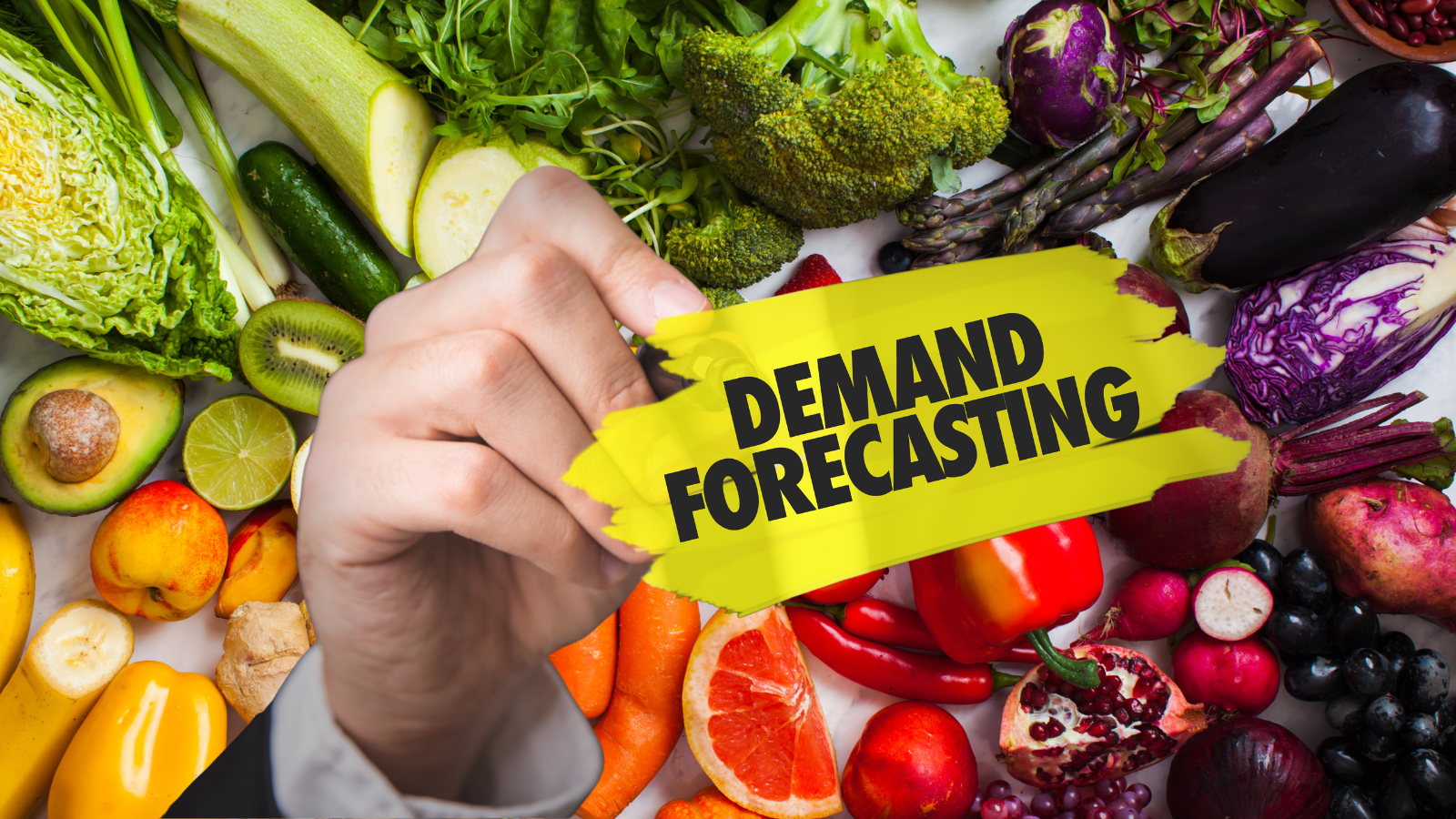Automated Vehicles: A Brighter Future for Trucking
Self-driving vehicles traveled approximately 4 million miles in California in 2021, double the previous year's total, with the trucking industry well-placed to benefit from autonomous vehicle technology. The push for AV solutions in road haulage is primarily about safety, with AV technology having the potential to address driver error-related accidents that cause fatalities. AVs also offer benefits such as easing the labor shortage, increasing efficiency, and addressing industry pain points like congestion, parking, and road safety.
Mazen Danaf, Senior Applied Scientist & Economist at Uber Freight, recently authored a paper called 'The future of self-driving technology in trucking,' showing why trucking is the fastest route to commercializing and scaling self-driving technology. Danaf also outlined an AV hub-to-hub model that will allow autonomous trucks (ATs) to operate alongside those driven by people, which will benefit carriers, drivers, and AV developers, offer drivers better working conditions, and satisfy growing demand. Sanaf expects autonomous trucking to expand gradually throughout the US interstate system, with weather, regulations, and autonomy capabilities dictating the lanes on which ATs will operate.
A think tank, the Information Technology and Innovation Foundation, has called on policymakers to support the adoption and innovation of robotics in warehouses to enhance labor productivity, worker safety, delivery times, and supply chain resiliency.
Carriers and industry stakeholders have been actively involved in advancing autonomous technology, despite ongoing regulatory challenges and the need for further testing.
A global study conducted by Valoir reveals that automation, driven by artificial intelligence (AI), is increasingly impacting various job roles.
Platooning technology is becoming a cost-effective solution for autonomous trucking, allowing entry into the market without requiring the purchase of new trucks, says Kratos.
As the second largest economy in Southeast Asia, Thailand has established itself as a major automotive hub, with companies like Sony and Sharp setting up operations in the country.
This statement was made by BYD, a well-known Chinese electric car and battery company.
While it's important to note that while automation can help improve the efficiency and quality of the supply chain, it's only one part of the solution.
The current food supply chain is often cited as wasteful and unsustainable - and commonly is cited as the culprit for climate issues by environmentalists.
Investors and corporations are being more “careful” than ever as economic conditions worsen and fully autonomous commercial cars are being called into question.
The Chinese startup in question, Hydron, develops autonomous hydrogen-powered trucks.
After receiving the first National Highway Traffic Safety Administration (NHTSA) approval for operations of this type of vehicle, freight mobility technology company Einride has officially successfully test-run their product.
United Natural Foods (UNFI), a food wholesale company, is inserting an end-to-end automation technology system into five of its distribution centers over the next five years.
Everyone is looking for a way to save a buck at the gas pump, including trucking fleets.
Global e-commerce sales account for 20% of total retail sales today and are expected to exceed 30% by the end of the 2020s.
E-commerce is taking over the industry, and Covid-19 only amplified the already growing trend.
West coast ports are striving for complete automation.
Large freight movers like U.S. Xpress, Penske Truck Leasing, and DHL Supply Chain have all announced special partnerships for self-driving highway networks in their fleet’s ranks.



















The growing need to modernize truck yards in line with warehouse and transport digitalization is fueling the adoption of established supply chain technologies to enhance asset tracking, allocation, and optimization within these yards.